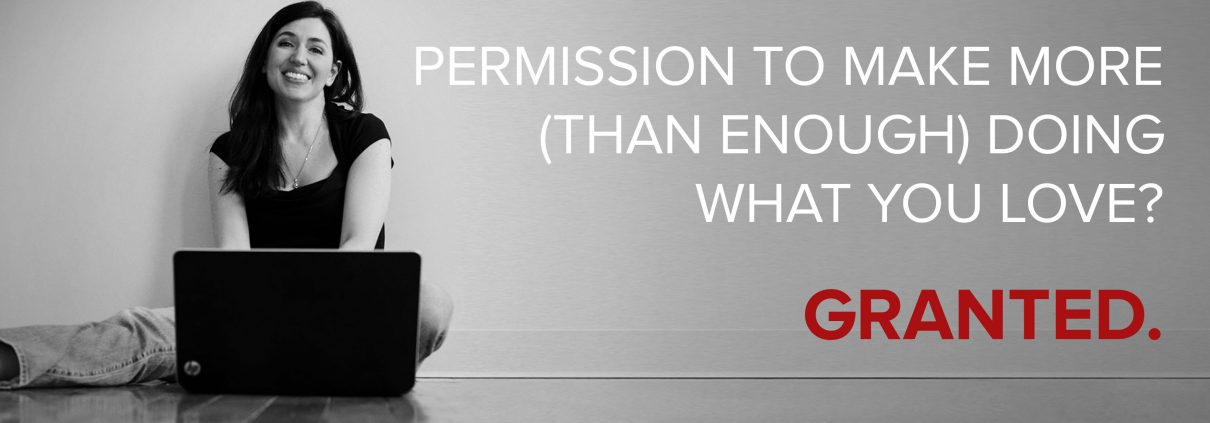Screw the stuffed hearts. Love your business, babe.
February.
It’s the second month of the year – and the first time for us to really reflect on how 2016 started. Of course, there is a mid-month celebration of love that either makes your heart ooze or reminds you it’s bruised.
This year, I encourage you to rework the ideas of reflection and love (sans feeling the need to find a new romantic partner):
How can you learn to love yourself even more right now?
What limiting beliefs or old stories are keeping you from valuing what you have to offer this world?
What can you change – immediately – to become the best version of yourself: in business, in life, and in partnerships?
I used the last month to reflect on my own business. As you’ve seen, I do a significant amount throughout the year, so I developed new offerings and put others to rest.
Funny, this revamping made me fall back in love obsession with entrepreneurs and women in business. So many souls are chasing dreams, brilliant ideas and innovative thoughts, and I want to be of service to as many as I can, which is why I’m doing things a bit different now.
My Get Real 6-week package is the longest amount of time anyone can work with me currently (remember: I announced the end of the 3-month coaching packages last year).
With weekly 1:1 calls and content tailored to you, it’s for those ready to move your business from whatever level it’s currently living to take up residence at the next.
We talk mindset, business strategy, visibility, vision and clarity.
This is for you if you give zero fucks what it takes to make entrepreneurship work. You’ll do it all (and then werk, girl). Find out more here.
But my newest offering is blowing my mind, people.
Blowing. My. Mind.
I toyed with and resisted the idea of email coaching before I took on trial clients. I wasn’t sure how it would work, if clients would see results without me busting their asses live on the phone, or if anyone would feel the value in an inbox full of genius.
Low and behold, the first people in the program have proven my doubts wrong.
They are self-motivated, kick-ass entrepreneurs who want business know-how and want to put it into practice IMMEDIATELY.
They’re hustlers, baby.
Enter Inbox Genius: a 30-day coaching package for my friends who are finally ready to use their big-time brains and kill it, slaughter it, MURDER it, in business.
It’s unlimited weekday action where business babes send me their biggest questions and I kick back responses then and there. No waiting for the next call or stumbling over words.
And it’s brilliant.
Which leads to getting rid of my 1 hour calls. Personally, I felt that keeping these around while offering the 30-day Inbox Genius program seemed a bit silly. Because for less than you’d pay for one hour on the line, you can get unlimited email access to me for an entire month.
It was out of alignment with what I’m trying to create, so the 1 hour calls are finished.
How can you work with me right now, if you’ve been working on manifesting time together?
- 6-week 1:1 coaching for $5K.
- Inbox Genius for $750.
And, of course, the queen of manifesting is leaving her DIY programs – The Monday Mindset Mastermind and Manifest Now – up for you to grab anytime. They are my lowest price point packages and are flexible enough to do at your own pace.
Best for newbies and anyone who is already in business but feels stuck. They’re great resources to learn the tools you need to begin receiving from the Universe in a way that serves you.
Not only am I in love with these offerings, I’m falling even more in love with being a business coach. Working with more than 2,500 women over the last two years has been the best, most exhausting and exhilarating experience of my adult life.
Hit me up and let me know how you plan to focus on self-love and acceptance this month.
Screw the chocolates and stuffed hearts. It’s time to love yourself and your business this year.

